Humans of Gaza: Mohammed Zaher Hamo, aspiring journalist silenced forever
Humaira Ahad
“If we die, we will die in our home, on our land, so it can stand as a witness to the Israeli crimes against civilians and unarmed people of Gaza,” Mohammad Zaher Hamo told his American friend Irene Doukas Behrman while describing the horrific situation in the Gaza Strip after the events of October 7.
Hamo, a resident of northern Gaza’s al-Sabra neighborhood didn’t abandon his home as he feared displacement and didn’t want to sleep on the streets.
On November 23, he was killed along with his family members after the Israeli regime warplanes pounded the house where the family was sheltering. It was reduced to rubble.
“His body and his family members’ bodies are trapped in a basement, the concrete of six floors heaped upon them, unmovable,” wrote Hamo’s friend Khaled El-Hissy, a month after the deadly strike.
“I will never know how long he suffered under the rubble or when he took his last breath.”
The 21-year-old was a student of English literature and translation at the Islamic University of Gaza.
Hamo strongly believed in the Palestinian cause and would often say: “We, as Palestinians, must concentrate our efforts for the sake of the Palestinian cause. We must keep talking about Palestine and what’s going on there, regardless of the difficulties we encounter when doing so.”
To take the stories of fellow Palestinians to the world, Hamo had decided to pursue his master’s degree in journalism and had already started writing stories for various Palestinian news websites.
Like many young Gazans, Hamo would regularly contribute to “We Are Not Numbers” (WANN), an initiative where Palestinian youth “tell their human stories behind the numbers in the news.”
In his biographical statement for WANN, the aspiring journalist wrote that he wants to help the oppressed people grappling with injustice in different parts of the world, including his homeland.
“I aspire to shed light on their suffering, raise global attention, and seek support for their cause. I am driven by a strong desire to make a difference and work towards creating an equitable world for all.”
In June 2023, Hamo wrote an article for WANN titled, “When drama joy becomes a fight for survival.”
In the article, he narrated the cruelty of the regime that turns even the small joys of Palestinians into lasting distress. The young man recounted an incident when his family had gathered to watch the recording of a dramatic comedy he had written and performed.
“I wished for this fleeting moment of pure and unbounded happiness to be everlasting, but unfortunately, the war ruined it all, deflating us and our dreams again,” the budding journalist wrote.
“Amid our joyful moment, a sudden bomb fell nearby, breaking our hearts. Our house shook as if the ceiling was about to fall over our heads, and the sound of bombardment echoed powerfully. The explosive sound brought me back down to earth, restoring my surroundings.”
Hamo further stated that he “started questioning why we can’t have happiness, and why even the special, unusual moments have to be ruined. Why must we suffer, I wondered, and agonize under the shadow of the Israeli occupation?”
Throughout his life the 21-year-old remained a crowd favorite, he was adored by his friends. His acquaintances remembered him for his kindness, optimism and smile.
“Mohammed Zaher Hamo. He always had a smile on his face. Always willing to help me with ideas and publishing. He always used to say that in a parallel world, he and I are twins,” wrote Roaa Missmeh in a tribute to his best friend.
“He was killed before publishing a book, before going to London, as he always wanted, and before all his dreams come true.”
“The last time I spoke to Mohammed Hamo was on 15 November”, recalled his el-Hissy. “They’ve stolen you from us. They’ve stolen your laughter. They’ve stolen our university.”
El-Hissy was diagnosed with cancer on November 16 and wanted to share the pain of his disease with his friend, he sent Mohammed a WhatsApp message complaining about the pain of the biopsy.
“But the message didn’t go through. I assumed that Mohammed had no internet. I texted him every day, hoping he would reply once the internet became available,” he wrote.
“But my messages went unanswered; they will never be answered.”
On the fateful morning of November 24, el Hissy received the message of Muhammad’s murder by the apartheid regime forces.
“Mohammed, Habibi,” he cried. “Please, answer the phone and don’t leave me! I went insane. I called Mohammed internationally from my Jordanian card about 30 times. I couldn’t even say goodbye to him. Mohammed was my best friend. When Israel kills someone, it kills everyone who loves him.”
El-Hissy has still not been able to come to terms with his best friend’s death. The ailing young man said he would be waiting for his friend to visit him on his hospital bed.
“In our last chat, Mohammed promised that when the war ends, he would come to visit me wherever I was being treated. I will be waiting forever.”
Refaat Al Araeer, the famous Palestinian poet and activist took to X to express his sorrow on losing one of his bright students. He also shared the pictures of the duo taken during happier times.
“I am heartbroken: I have just been informed that another brilliant student of mine Mohammed Hamo, was murdered by Israel the night before the temporary truce. Mohammed contributed to the intifada and was over the moon his piece was accepted and promised to work on more pieces,” he wrote.
“He wanted to be a writer and pursue his higher education abroad. Mohammed was active, creative supportive and intelligent. Rest in peace, Mohammed. Your memory won’t be forgotten”
Al Areer was also killed by the regime's airstrike on December 7.
Hamas blasts Western media for blindly defending false Israeli narrative
ElBaradei condemns US threats of military action against Iran
‘No two-hour war’: Iran vows immediate retaliation to any attack
VIDEO | US warmongering threatens stability
Pezeshkian: US must end provocations if it seeks genuine diplomacy
Iran summons German ambassador over Merz’s ‘low-minded’ remarks
Iran's Armed Forces warn EU of ‘consequences’ of IRGC designation
Iran FM: EU’s blacklisting of IRGC a ‘major strategic mistake’


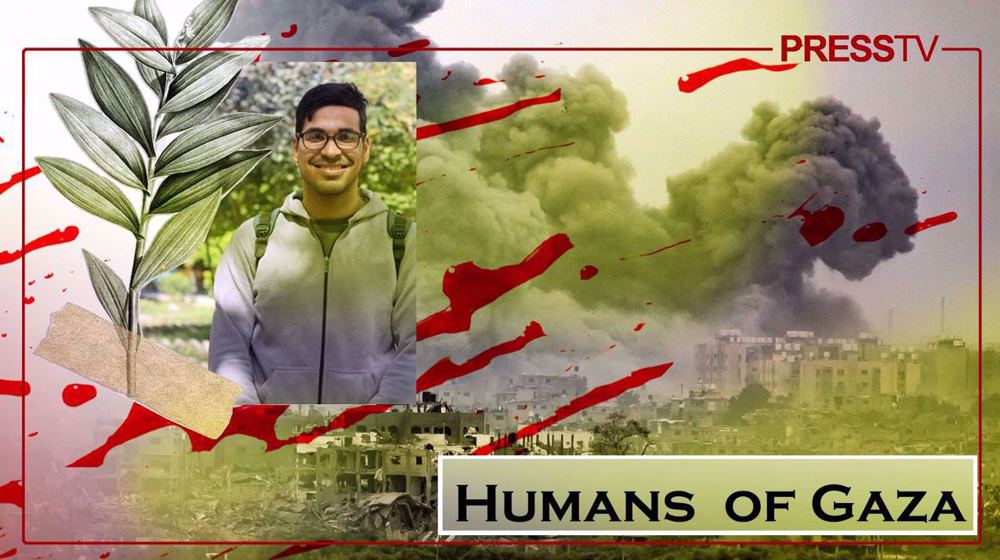
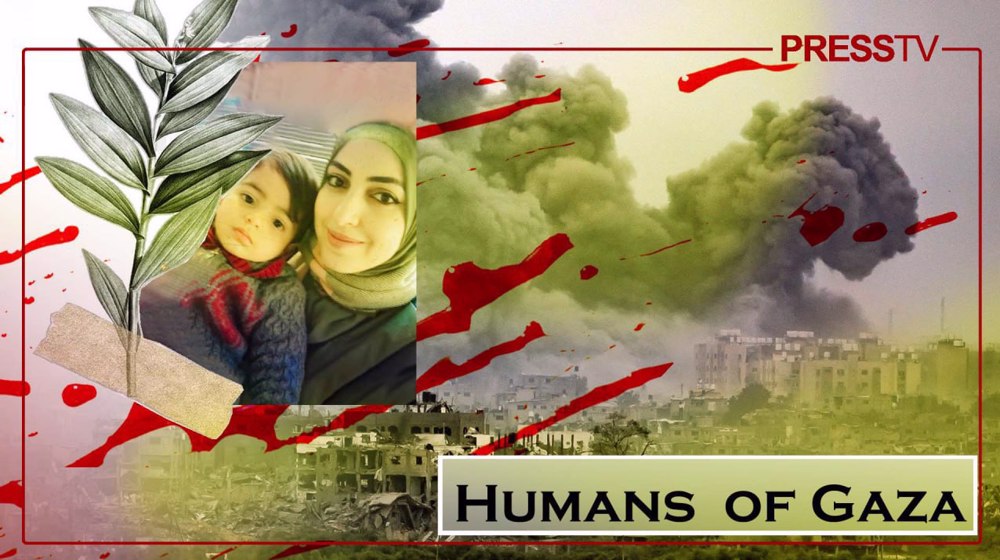
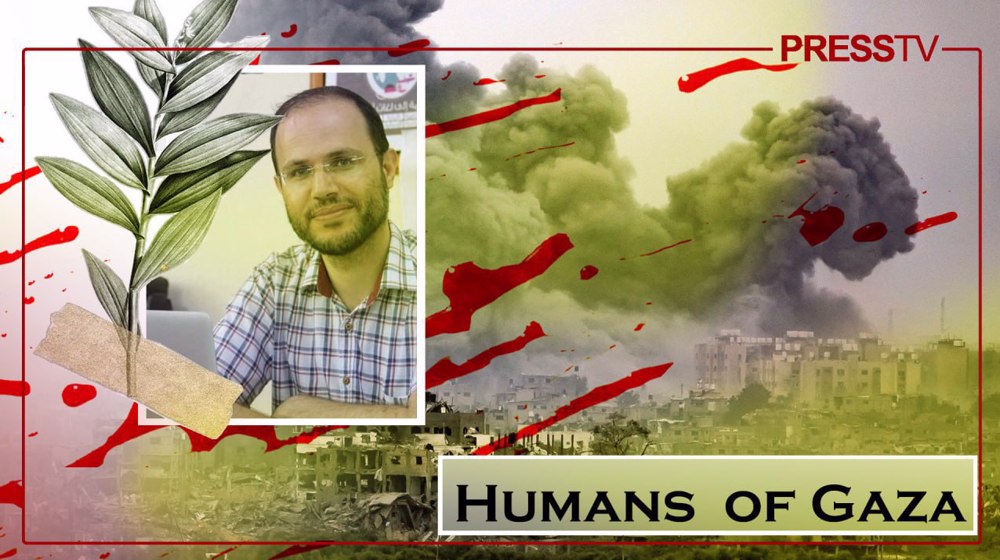
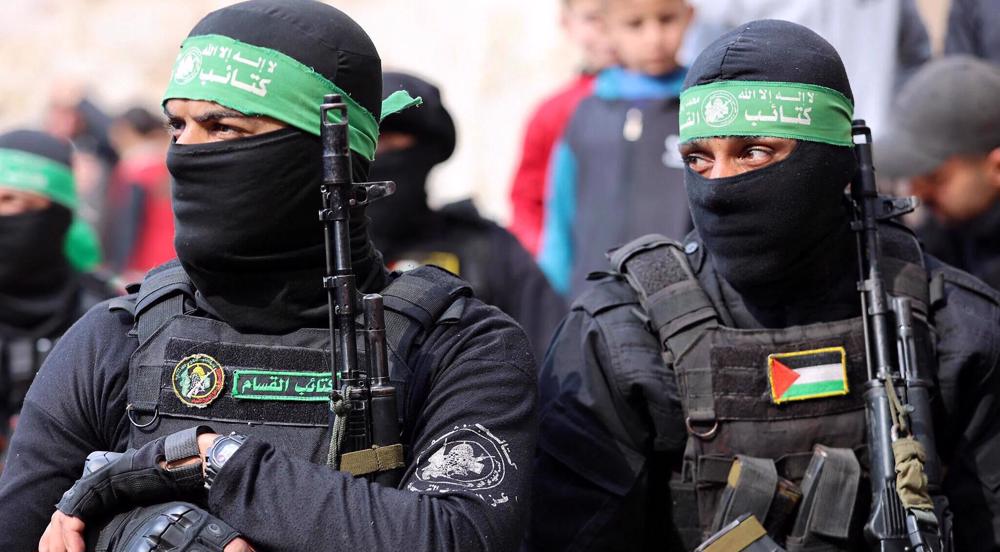
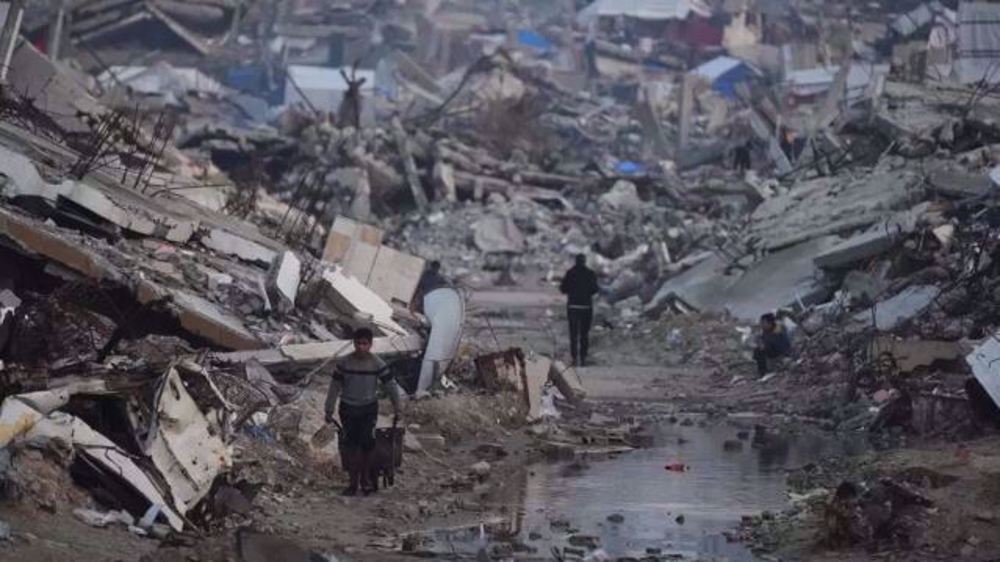
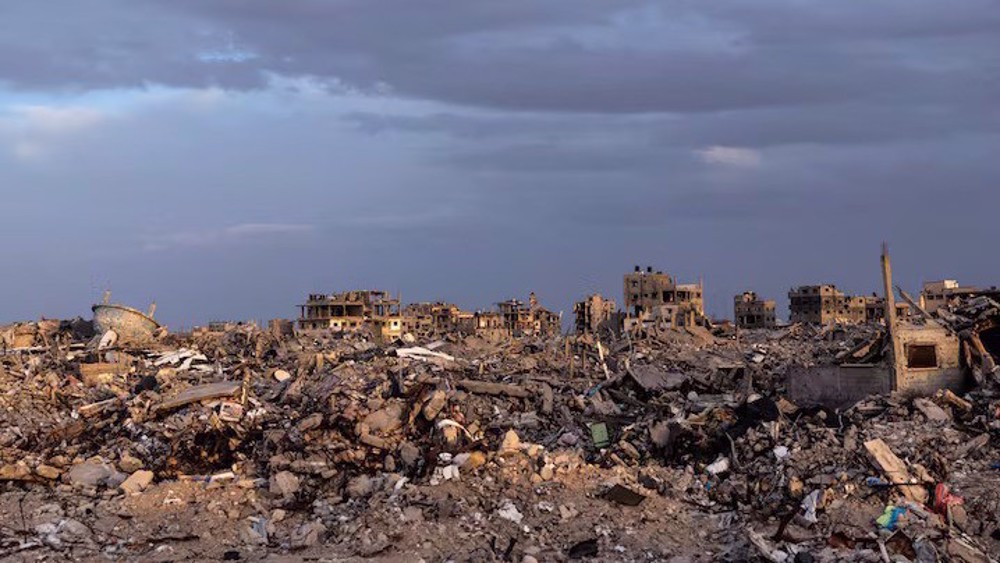



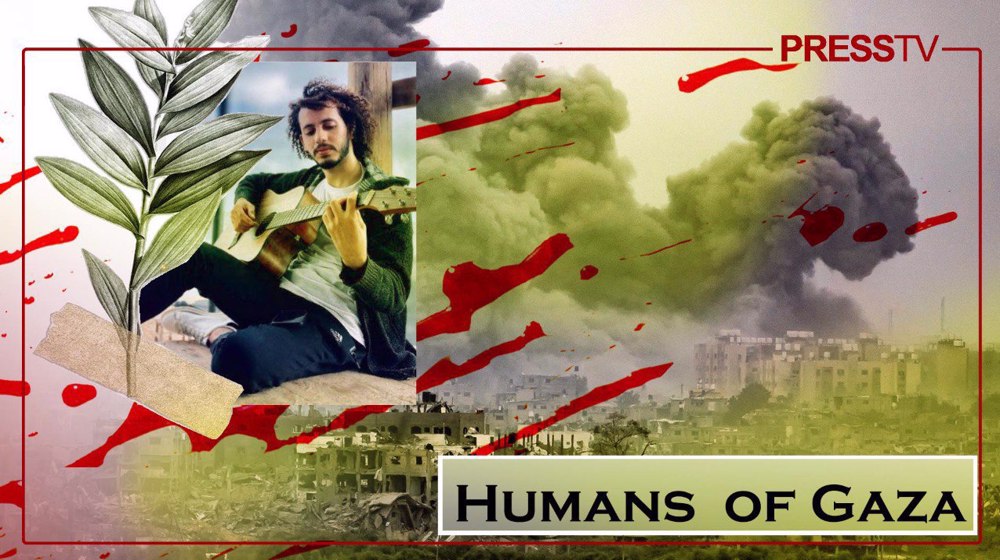
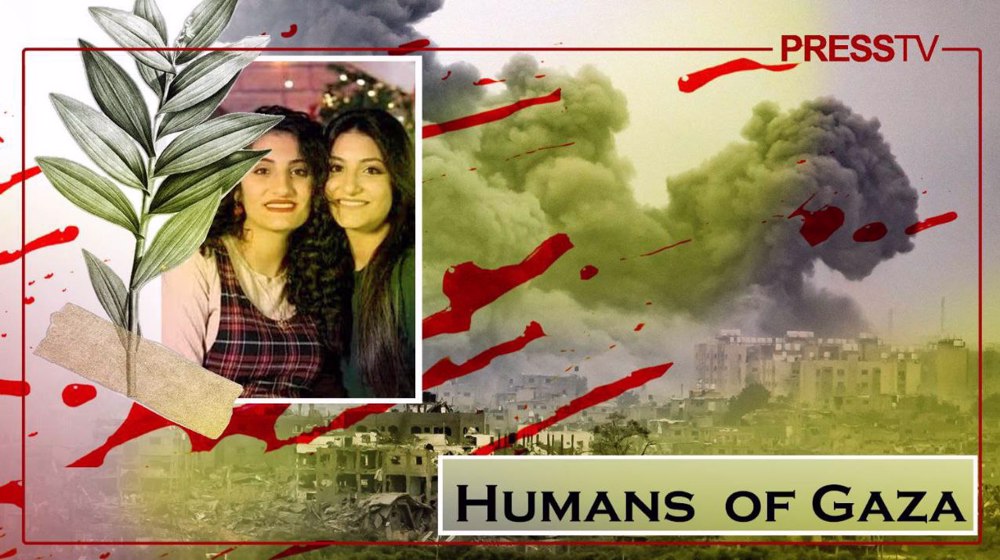
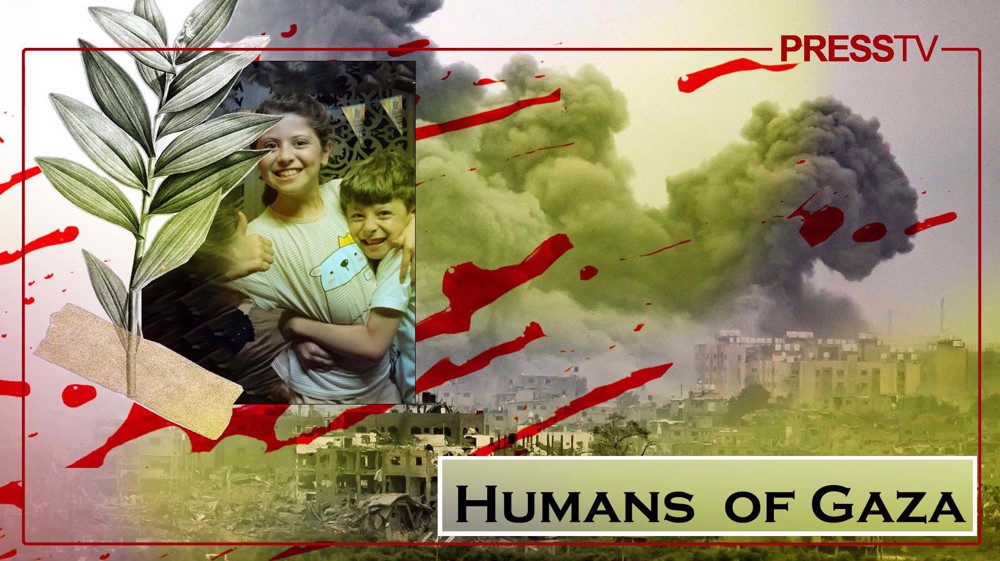
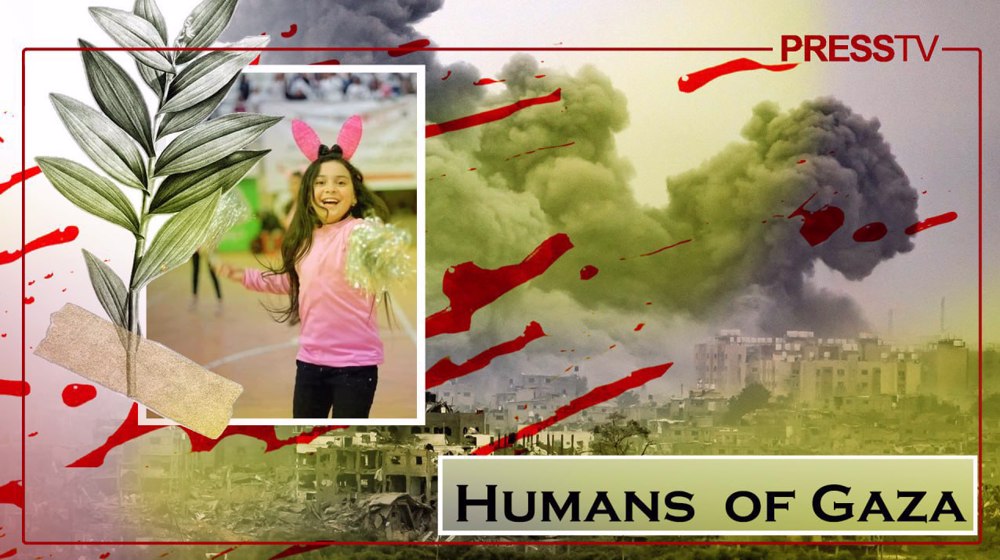
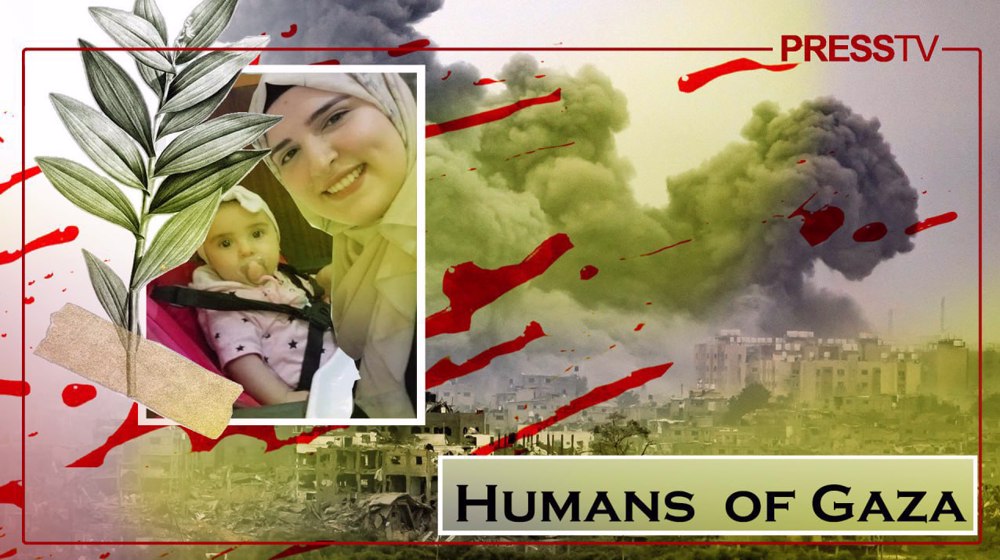

 This makes it easy to access the Press TV website
This makes it easy to access the Press TV website